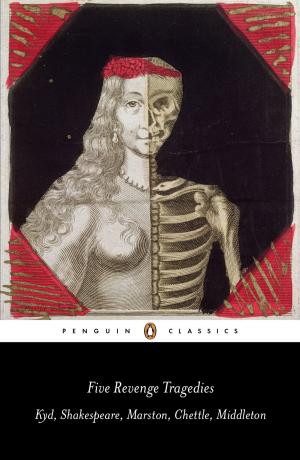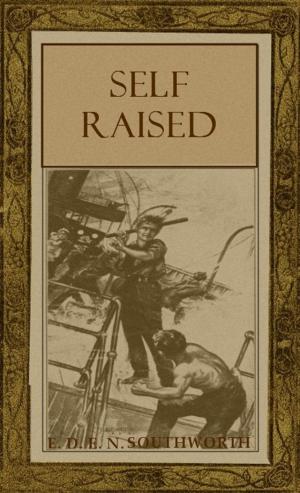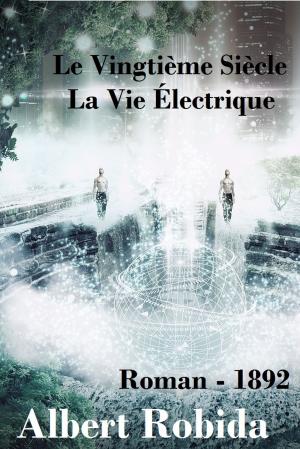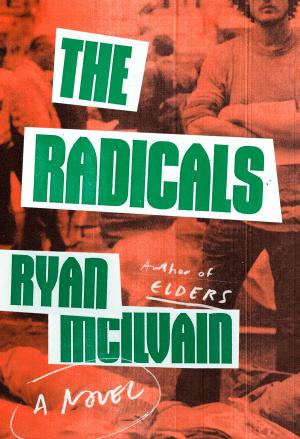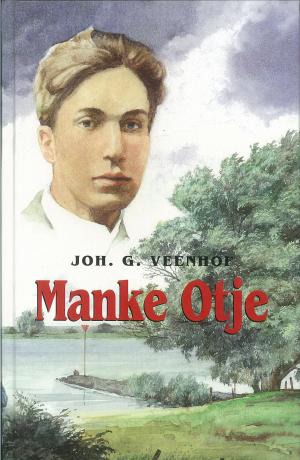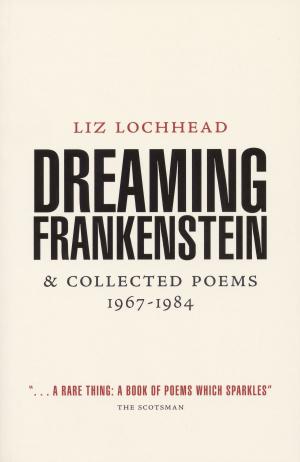Characters of Shakespeare's Plays
Nonfiction, Entertainment, Drama, Shakespeare, Fiction & Literature| Author: | William Hazlitt | ISBN: | 9786050479317 |
| Publisher: | William Hazlitt | Publication: | July 14, 2016 |
| Imprint: | Language: | English |
| Author: | William Hazlitt |
| ISBN: | 9786050479317 |
| Publisher: | William Hazlitt |
| Publication: | July 14, 2016 |
| Imprint: | |
| Language: | English |
It is observed by Mr. Pope, that 'If ever any author deserved the name of an ORIGINAL, it was Shakespeare. Homer himself drew not his art so immediately from the fountains of nature; it proceeded through AEgyptian strainers and channels, and came to him not without some tincture of the learning, or some cast of the models, of those before him. The poetry of Shakespeare was inspiration: indeed, he is not so much an imitator, as an instrument of nature; and it is not so just to say that he speaks from her, as that she speaks through him.
His CHARACTERS are so much nature herself, that it is a sort of injury to call them by so distant a name as copies of her. Those of other poets have a constant resemblance, which shows that they received them from one another, and were but multipliers of the same image: each picture, like a mock-rainbow, is but the reflection of a reflection. But every single character in Shakespeare, is as much an individual, as those in life itself; it is as impossible to find any two alike; and such, as from their relation or affinity in any respect appear most to be twins, will, upon comparison, be found remarkably distinct. To this life and variety of character, we must add the wonderful preservation of it; which is such throughout his plays, that had all the speeches been printed without the very names of the persons, I believe one might have applied them with certainty to every speaker.'
It is observed by Mr. Pope, that 'If ever any author deserved the name of an ORIGINAL, it was Shakespeare. Homer himself drew not his art so immediately from the fountains of nature; it proceeded through AEgyptian strainers and channels, and came to him not without some tincture of the learning, or some cast of the models, of those before him. The poetry of Shakespeare was inspiration: indeed, he is not so much an imitator, as an instrument of nature; and it is not so just to say that he speaks from her, as that she speaks through him.
His CHARACTERS are so much nature herself, that it is a sort of injury to call them by so distant a name as copies of her. Those of other poets have a constant resemblance, which shows that they received them from one another, and were but multipliers of the same image: each picture, like a mock-rainbow, is but the reflection of a reflection. But every single character in Shakespeare, is as much an individual, as those in life itself; it is as impossible to find any two alike; and such, as from their relation or affinity in any respect appear most to be twins, will, upon comparison, be found remarkably distinct. To this life and variety of character, we must add the wonderful preservation of it; which is such throughout his plays, that had all the speeches been printed without the very names of the persons, I believe one might have applied them with certainty to every speaker.'

